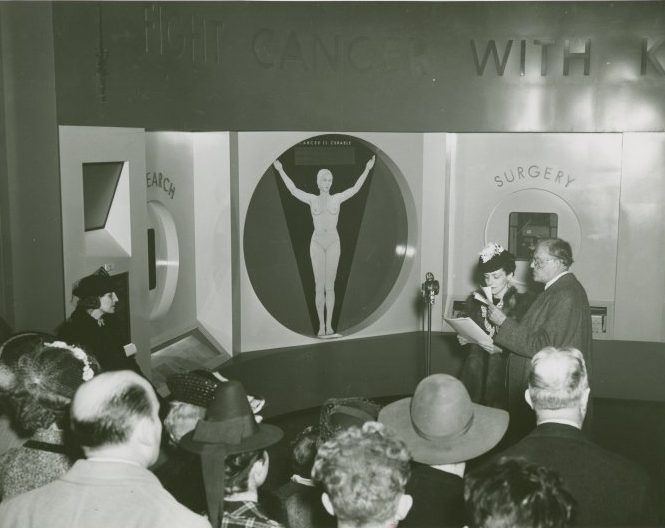Thirty percent of surveyed women with breast cancer reported skipping additional treatment following surgery.
The issue: Breast cancer is the most common cancer among women in the United States, regardless of race or ethnicity. One in eight American women risks developing the illness.
Screening efforts and new treatments have contributed to steadily declining breast cancer mortality rates since 1989. Additional (“adjuvant”) treatments that complement surgery, such as chemotherapy, radiation, or hormonal therapy are often recommended for breast cancer patients to reduce the likelihood of recurrence and improve their odds of survival.
But not all breast cancer patients choose to follow or complete such recommended treatments. A recent study examines why.
An academic study worth reading: “Healthcare System Distrust, Physician Trust, and Patient Discordance with Adjuvant Breast Cancer Treatment Recommendations,” published in Cancer Epidemiology, Biomarkers and Prevention, September 2017.
About the study: A team of researchers led by Lorraine T. Dean of Johns Hopkins University analyzed survey responses from 2,754 women from Pennsylvania and Florida with breast cancer diagnoses. The replies, collected between 2007 and 2009, consisted of self-reported information on demographic background, cancer stage, recommended treatments, adherence to these plans, and how much they distrust the healthcare system and trust their doctors. The researchers analyzed the data for associations between trust levels and whether patients adhered to treatment plans. For this study, treatment discordance was defined as a divergence between the recommended treatment and the treatment received.
Key findings:
- 30 percent of respondents did not follow at least one treatment recommendation.
- There is a link between distrust in the healthcare system and not receiving a recommended treatment. Women who ranked in the top third for distrust were 22 percent more likely to forgo treatment than women who ranked in the lowest third.
- The researchers acknowledge that some adjuvant treatment recommendations might be unnecessary, and in those instances, distrust might be warranted. However, they found a 40 percent increase in the likelihood of cancer recurrence among treatment discordant patients. This indicates that distrust might be linked with worse outcomes. Other factors associated with greater treatment discordance include higher income, single status, earlier stage diagnosis, and residence in the state of Florida.
- Race and socioeconomic status were not linked to treatment discordance. The study’s authors suggest this is an encouraging finding. They write, “Unlike race, healthcare system distrust is a potentially modifiable factor that may be responsive to intervention.”
Other resources:
- The U.S. Centers for Disease Control and Prevention (CDC) offer a centralized resource for cancer registry data, featuring both federal and state-specific information. To contact a local registry, consult this map.
- Medscape, a popular resource for physicians, has resources on adjuvant treatments for breast cancer.
- The National Institutes of Health’s National Cancer Institute has additional information on types of cancer, research and news.
Related research:
- A 2016 study published in Breast Cancer Research and Treatment, “Factors Associated with Radiation Therapy Incompletion for Patients with Early-Stage Breast Cancer,” found that older women (those over the age of 80) were more likely to discontinue radiation therapy.
- A 2016 study published in the Journal for Healthcare Quality, “Reducing Racial Disparities in Breast Cancer Survivors’ Ratings of Quality Cancer Care: The Enduring Impact of Trust,” found that black women with breast cancer rated their quality of care lower than their white peers did.
- A 2012 study published in Breast Cancer Research and Treatment, “Adherence to Adjuvant Hormonal Therapy Among Breast Cancer Survivors in Clinical Practice: A Systematic Review,” analyzed 29 studies to find discontinuation rates ranging from 31 to 73 percent.
- A 2011 study published in the Journal of Clinical Oncology, “Influence of Race, Insurance, Socioeconomic Status, and Hospital Type on Receipt of Guideline-Concordant Adjuvant Systemic Therapy for Locoregional Breast Cancers,” looked at trends regarding which patients did and did not receive treatments that follow evidence-based guidelines. It found poverty and Medicaid insurance were significantly associated with treatment with non-guideline chemotherapy.


Expert Commentary